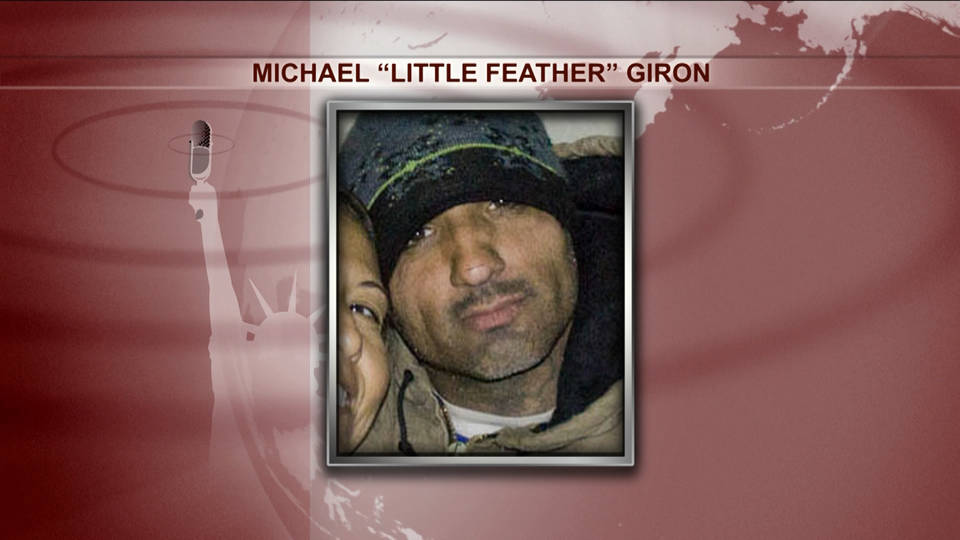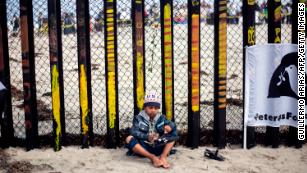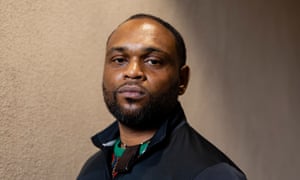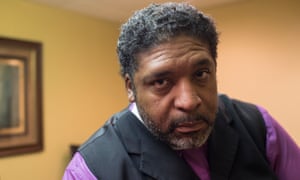
"Many say the Starbucks incident exposed discrimination that people of color and black people in particular face every day
When two black men were arrested in a Starbucks store in Philadelphia in April, it prompted a national debate. The coffee chain swiftly announced it would close 8,000 of its US stores on Tuesday 29 May, so staff can undergo racial bias training.
Many believe such incidents do not only happen at Starbucks. Businesses across the US, some say, are guilty of a behavior so commonplace it is starting to be given its own term: “coffee shop racism”.
Alfredo Weeks, an instructor at the Columbus College of Art and Design and co-owner of a graphic design studio, was moved to write about the phenomenon.
“I open the door to a coffee shop, and as soon as I get inside I feel the stares,” he wrote. “From colleges to coffee shops there is an undertone of Jim Crow era discrimination deeply embedded in today’s culture.”
According to Weeks, the video of the men being arrested in Starbucks exposed discrimination that people of colour and black people in particular face every day. While such behaviour is clearly not restricted to coffee shops, in recent months a number of high-profile examples have been seen in cafes.
In May, Starbucks was in the news again after an employee wrote a racial slur on a customer’s cup. In October last year, two community board members in Brooklyn complained after they saw a coffee shop employee give Halloween candy to white children, but not black children
This month, a video emerged showing a white man verbally abusing a woman who was wearing a niqab at a Coffee Bean & Tea Leaf store in Riverside, California. Staff refused to serve the man.
Why have coffee shops become a place where America’s racial divisions and biases are being exposed?
Rashad Robinson, executive director at Color of Change, said changing neighborhood demographics may be partly to blame. Cities across the US are experiencing gentrification, typically as white people move into black or hispanic neighborhoods, leading to rent increases and different business dynamics.
“A lot of these coffee shops where we’re seeing these problems are opening up [in] gentrifying neighborhoods,” Robinson said. “Starbucks is a perfect example. You know when the Starbucks shows up there’s all the stories of, like: ‘Oh there goes the neighborhood.’”
In such gentrifying neighborhoods, he said, there is often not much interaction between newcomers and people who have lived there for decades. But one place where people from different races and economic backgrounds do encounter each other is the local coffee shop.
“They are definitely spaces where people are congregating in a country that’s increasingly segregated in so many other ways,” Robinson said.
“People don’t go to school together. They don’t worship in the same places. They have moments where they’re living in the same neighborhood but oftentimes people are being pushed out and people are coming in, and that represents the neighborhood changing. So they’re not in harmony, oftentimes.
“So these things are happening and people don’t always have the expertise of relating to one another.”
Away from chains like Starbucks, the world of “third wave” coffee – shops where coffee is treated as an artisan or craft beverage not unlike wine – is predominantly white, said Keba Konte, owner of Red Bay Coffee, a roastery and coffee shop in Oakland, California.
Konte wasn’t sure if racist incidents could be said to occur more frequently in coffee shops than anywhere else – he pointed to a recent incident in a Waffle House restaurant in Alabama where employees called 911 on a black woman, who was then arrested – but said a “euro-centered” environment in some coffee shops could lead to discrimination.
“Coffee shops, especially the specialty coffee shop, they’re very white-centered in terms of the culture, the aesthetic, the music, the flavors, the employees,” Konte said. “So if you’re in an environment that is really built around, you know, white culture, then I think these things tend to happen.”
On the day Starbucks closes its stores, Konte, whose staff is entirely made up of women, people of color and the formerly incarcerated, will be hosting a live-streamed round table discussion, featuring black business owners. As a black man, he said, he was all too familiar with what the men in the Philadelphia Starbucks experienced.
“There are a lot of these videos that are documenting this kind of abuse,” he said. “Some of them end in arrest, some of them end in the police killing someone. We understand that for every video that captures these incidents there are dozens and dozens of these events that are not captured on video.”
‘TEXT BOOK racism’
If the incidents captured in coffee shops reflect society at large, they can also be indicative of substandard treatment elsewhere. The Starbucks arrests prompted Junaid Nabi, a medical doctor and fellow in Bioethics at Harvard Medical School, to write a blog on “How coffee shop racism harms black patients”.
“This reprehensible incident is an important reminder of how implicit racial bias – or in this case coffee shop racism – works,” Nabi wrote. “[But] the service industry is not the only sector where this is a problem. Implicit racial biases are in fact important indicators of the broader negative perception of black people – which in clinical practice often leads to low-quality care and harm.”
Nabi said the same “implicit bias” that led to the Starbucks manager calling the police can lead to black patients being undertreated for pain compared to white patients. He cited a study by psychologists from the University of Virginia that found a “significant number” of white medical students believed in false biological differences between white and black patients, such as “black people’s skin is thicker” and that “black people’s blood coagulates more quickly”.
Kamau Bell, a comedian who hosts the show United Shades of America on CNN, spoke about his own brush with coffee shop racism. Staff at a shop in Berkeley, California, he said, ordered him to leave after he arrived and began chatting with a group of white women, one of whom was his wife.
Bell said staff accused him of harassing the women. When Bell’s wife pointed out the mistake, he said, a staff member insisted it had not been race related.
“Actually a black man being told to leave a restaurant because the restaurant believes that his presence is harassing four white women and their kids, even though there is literally no evidence to support that, is TEXT BOOK racism,” Bell wrote in a blogpost soon after the event.
“It is so old school it has a wing in the racism museum, right between the sit-ins at lunch counters and a southern redneck telling a black man on a business trip, ‘You ain’t from around here, are ya, boy?’”
Speaking to the San Francisco Chronicle after the video of the arrests in Philadelphia emerged, Bell said the incident was “bigger than two black men kicked out of a coffee shop”.
“The same racism that gets the black men kicked out of the coffee shop,” he said, “is the same racism that gets that black teenager shot at when he’s asking for directions”.
Coffee shop racism; where America's racial divisions are exposed | World news | The Guardian























